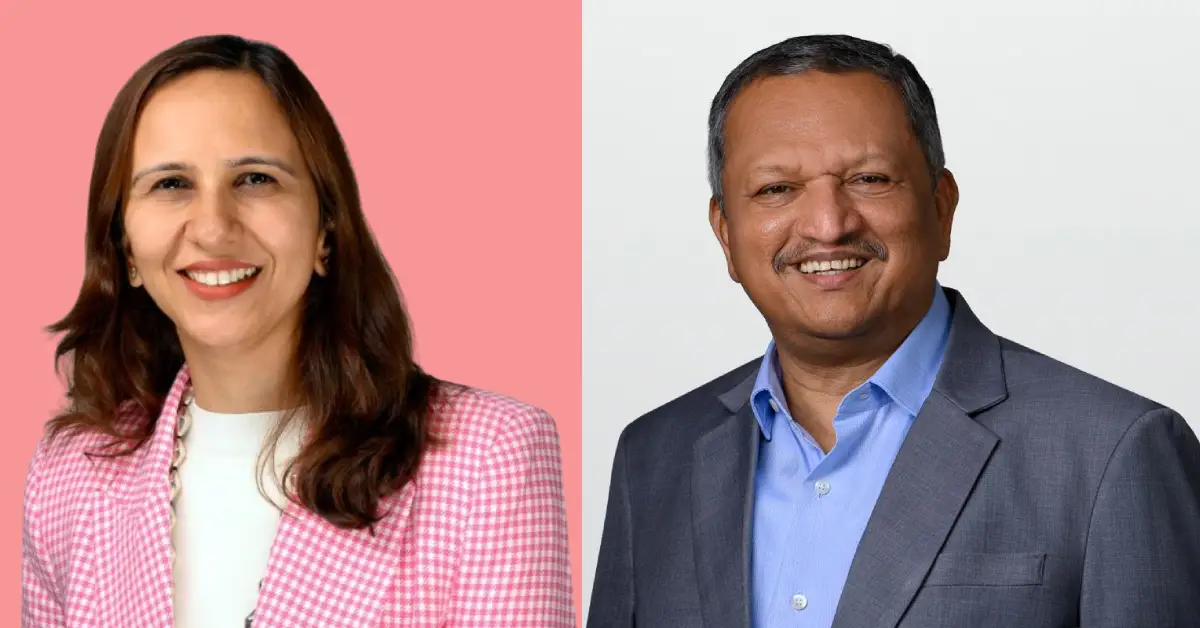The new GST structure, with 18% and 5% rates, will have the twin objectives of making tax categories and compliance processes simpler and more rational, as they were originally intended to be, say officials
The proposed changes to the Goods and Services Tax regime would benefit the poor, middle class, traders and entrepreneurs, Prime Minister Narendra Modi said on Sunday (August 17, 2025).
“For us, reform signifies the advancement of good governance, which is why we place strong emphasis on continuous improvement,” Mr. Modi said, while inaugurating two key highway projects — the Delhi section of the Dwarka Expressway and the Urban Extension Road-II. “As part of this vision, next-generation reforms will be introduced under the GST framework. This Diwali, these GST reforms will bring a double bonus to the people.”
“Every family, the poor and the middle class, small and big entrepreneurs, and every trader and businessman will benefit from this,” he added.
The changes to the GST were first announced by Mr. Modi in his Independence Day address on Friday. According to sources, the new GST structure, with 18% and 5% rates, will have the twin objectives of making tax categories and compliance processes simpler and more rational, as they were originally intended to be.
“This has been in the making for a while. Our learnings from the past eight years has gone into this, and this will be a fundamental change in the template of taxation,” one senior functionary said. “The new GST regime will make our taxation more equitable and will see reduced taxes. The template will be more from the consumers’ point of view, and will be explained to the States from the consumers’ point of view.”
The Centre expects any reduction in revenues to be soon offset by new buoyancy in the economy stemming from the rate rationalisation and process simplification.
“Reduced rates will not lead to reduced revenues, and we expect compliance and collection going up,” an official said, adding that the forthcoming regime will be “fiscally sustainable”.
Most of the items in the 28% rate of the GST will move to 18% and “a few” will go to a 40% bracket, which will apply to exceptional items, termed as “sin goods”, sources said.
“Revenues may fall in the very short run but we expect the change in consumption and ease of compliance to make up for it. Thus, it will be a fairly fiscally sustainable exercise,” they added.
The Centre expects the States to be on board with the proposals in time for the Deepavali deadline — October 20 — it had set for itself to set the new tax structure in motion.
In a press release following Mr. Modi’s speech, the Ministry of Finance said the Centre would be engaging with the State governments in the subsequent weeks, in the run-up to the next GST Council meeting. “I hope that all the States will cooperate with this initiative of the Government of India,” Mr. Modi said on Sunday.
Two Groups of Ministers (GoMs) comprising representatives of the State governments — one on rate rationalisation and another on compensation cess — will have to approve the changes before they are sent to the GST Council for approval.
The GST has been an ongoing area of conflict between Opposition-ruled States and the Centre, but the latter does not expect resistance to its proposals.
“The concerns regarding any potential revenue losses are not theirs [Opposition-ruled States] alone. The Centre and the States should work together to expand the revenues, using this opportunity. I do not think anyone will or can oppose the proposed reduction in rates,” the functionary said.
They also added that, since the Centre does not have any representative in the GoM on rate rationalisation, if the GoM decides against the Centre’s proposal, it would look like the States are against lowering taxes for the common man.
Both GoMs, followed by the GST Council, are expected to meet in the coming weeks. One source said the compensation cess will soon cease, before its legal end-date of March 31, 2026. While it was originally set to cease in 2022, its duration was extended thereafter to repay the loan taken to compensate States as the cess collections themselves had been hit by the COVID-19 pandemic.
That loan will be repaid before time. However, this also creates a problem for the Centre as the cess also applies on sin goods like tobacco.
“If the cess ends, then this would substantially lower the effective rate of tax on tobacco, gutka, and other sin goods,” the source explained. “And this is something the Centre cannot be doing. So, this was yet another reason why the GST revamp needed to be done soon.”
That the GST reforms are happening amid global uncertainties and tariff threats by the United States is mere coincidence, according to the sources.
Source: The Hindu







